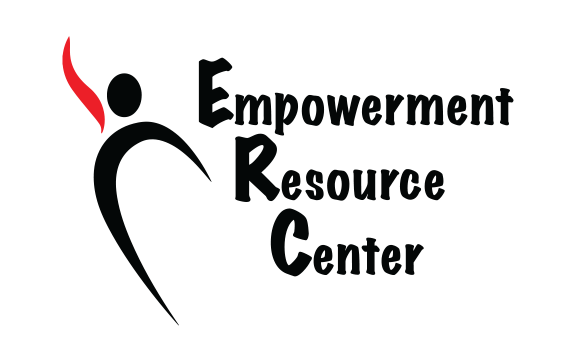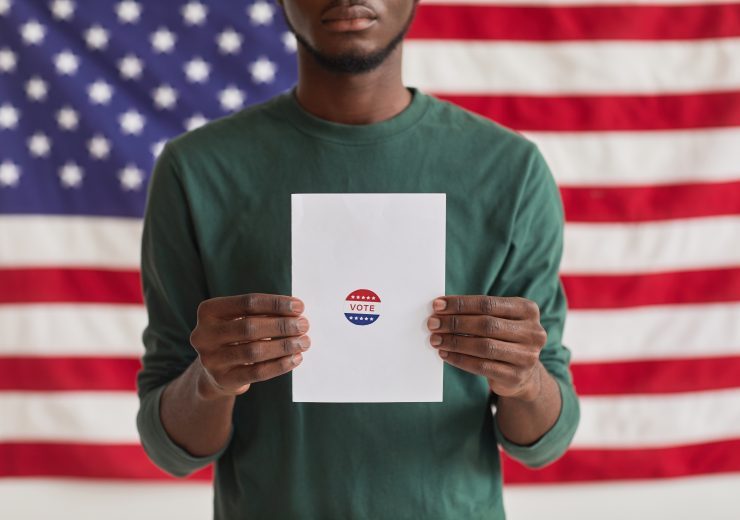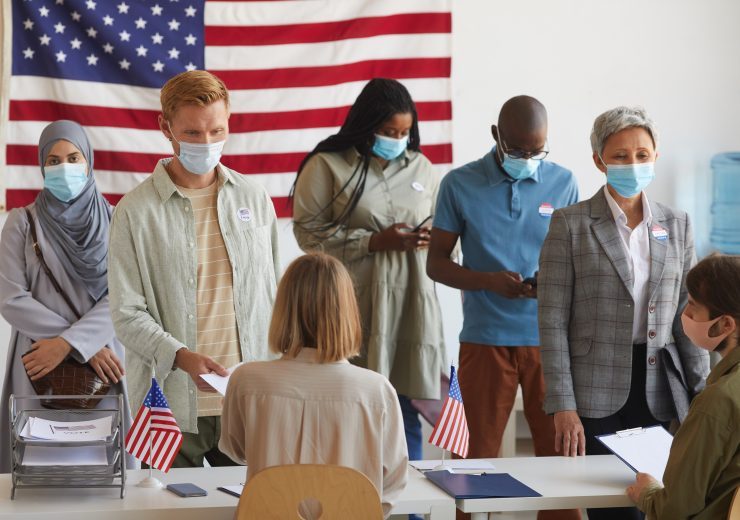Let’s End Voter Suppression
The need for HIV advocacy has never been greater as communities impacted by HIV are struggling under the burden of the COVID pandemic, a widespread overdose crisis and the compounding social and economic impacts. We have the tools to begin addressing racial and social injustices, as well as the barriers that block efforts to end the HIV epidemic in the United States — if only our leaders are willing.
On Oct. 20, Senate Republicans blocked the Freedom to Vote Act on a party-line vote. This voting rights bill has been heralded as one of the greatest expansions of access to voting in the U.S., following in the footsteps of the 1965 Voting Rights Act. The bill has three major sections aimed at expanding voter access and standardizing election administration. Some key reforms include automatic voter registration at motor vehicle agencies, offering 15 days of early voting and allowing anyone to request mail-in ballots.
While this vote failed due to Republican filibuster, the bill can be brought up again at a later date. This is due to the final tally sitting at 49-51, after Senate Majority Leader Chuck Schumer switched to a last-minute “no” vote. Doing this could allow for another vote where Vice President Kamala Harris could break a tie in the Democrats’ favor. However, a total of 60 votes are required to override the filibuster, which is currently unlikely, as it would require at least 10 Republicans voting in favor of passing the bill.
We are still in the midst of the ongoing COVID-19 pandemic, worsened by systemic injustices and constant crises. But we also face opportunities for grassroots HIV advocacy, and we must strive for better programming and support that can ultimately improve the quality of life for people living with and vulnerable to HIV.
The ballot is one major tool we have for advancing these policies. As dates for several midterm elections come closer, it is critical to ensure you have access to vote. If you need to update your voter registration due to a move or other life event, it is critical to do so as soon as possible. For information specific to your state, visit vote.gov
As networks of people living with HIV have shown and affirmed for decades, our federal HIV response must center the rights of all people living with and impacted by HIV to health, wellness, dignity and safety. These start with securing the right and access to vote.
Check your voter registration status and write to your Member of Congress today to demand that they take action to protect our rights and access to voting.




